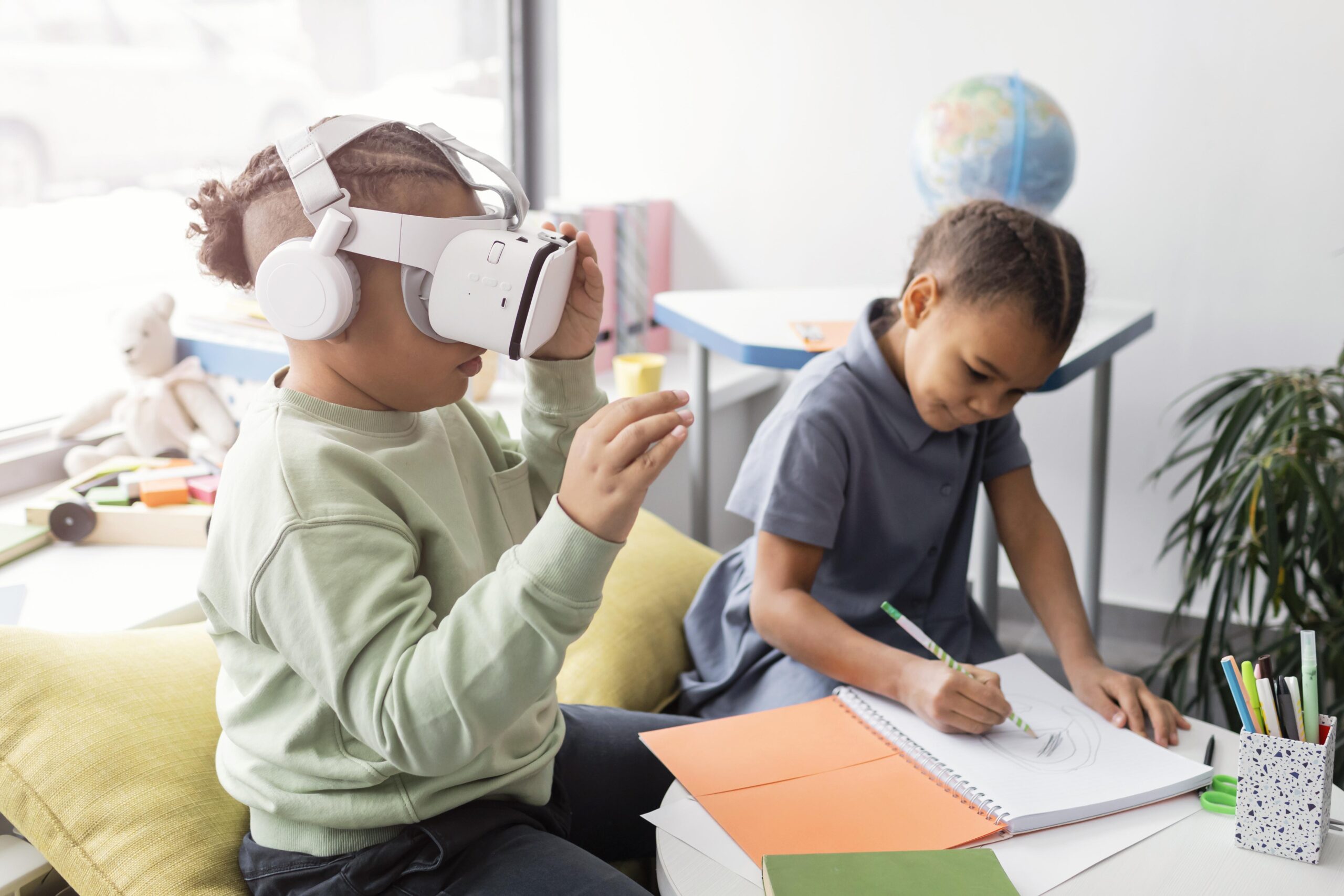Educational projects that incorporate innovative practices are playing a pivotal role in shaping the future of learning. These initiatives enhance student engagement and improve learning outcomes through novel teaching methodologies and technologies.
Innovative educational projects often focus on integrating technology in classrooms, which has revolutionized the way educators teach and students learn. From virtual reality experiences that bring historical events to life, to AI-driven platforms that provide personalized learning paths, these technologies ensure that educational content is more accessible and engaging for all students.
Another key aspect of these projects is the emphasis on experiential learning. This approach allows students to apply their knowledge in real-world scenarios, which enhances understanding and retention. Whether it’s through lab experiments, field trips, or internships, experiential learning makes education more relevant and practical.
These projects also often promote collaborative learning, where students work together to solve problems or complete tasks. This improves their academic skills and teaches them valuable interpersonal skills like communication, negotiation, and teamwork.
A small numbered list of typical features of such projects includes:
- Technology Integration: Leveraging tools like tablets, smartboards, and educational software to make learning more interactive.
- Curriculum Innovation: Developing curricula incorporating multidisciplinary studies, critical thinking, and creativity.
- Teacher Training: Providing educators with the training and resources they need to implement new teaching strategies effectively.
The impact of these innovative educational projects extends beyond the classroom. They help prepare students for the demands of the modern workforce, where skills such as digital literacy, problem-solving, and adaptability are more important than ever.
To ensure the success and sustainability of these projects, continuous assessment and adaptation are necessary. Feedback from all stakeholders, including students, teachers, and parents, is essential for refining these initiatives and ensuring they meet educational goals effectively.
In conclusion, innovative educational projects are crucial for preparing students for future challenges and opportunities. By continuously evolving and integrating new approaches and technologies, these projects represent the cutting edge of educational development.






